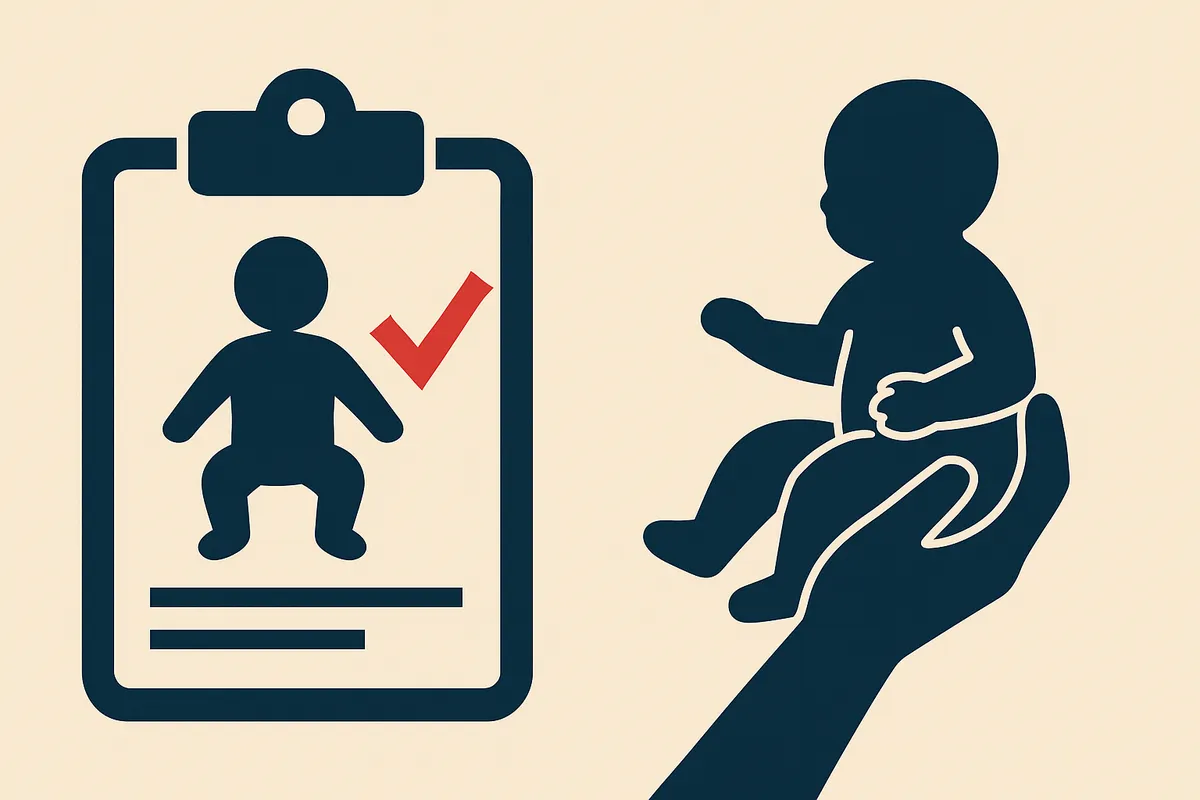Pilot Study Treats Babies As Risk Factors

The risk? Brace Yourself: Autism.
Brazil just hosted a pilot study on what they call a "preemptive therapy" for infants with a family history of autism or ADHD. Nine babies, as young as four months, became the test site for iBASIS, a UK-designed intervention meant to shape parent-infant interactions before any diagnosis is made. Mothers were recorded, supervised, graded for fidelity to the manual. The study reported high completion rates and described the program as acceptable and feasible.
But here is what the paper will not say: babies were treated as proto-patients. That means they were positioned as if they already carried a condition-in-waiting, not yet diagnosed but already under surveillance, their signals read as symptoms rather than human variation. This is not benign. It is an erasure project carried out in the name of prevention.
Imported Control, Not Local Care
This intervention is not Brazilian in design. It was built at the University of Manchester, exported through the Telethon Kids Institute in Australia, and translated for delivery at the University of São Paulo. The study’s authors include Louise C Figueiredo, Luara N Otoch, Priscilla B G Godoy, Glauce Ubeid, Luaê H R Santos, Vitoria D Quinteiro, Juliana P Bruckner, Carol Taylor, Jonathan Green, and Elizabeth Shephard. They describe this as filling a gap in public health provision. In reality, it is an extension of eugenic control — a British-designed program imposed on Brazilian infants under the language of prevention.
A Pipeline of Compliance
Feasibility studies like this are not neutral. They build pipelines where infants are coded as disordered before they can even speak. They enlist mothers into surveillance routines disguised as bonding. They train therapists to measure fidelity not to the child’s autonomy but to a manual designed abroad. They speak the language of care while laying the groundwork for coercion.
The Wrong Questions
The authors ask: do mothers finish the sessions, do therapists stay faithful to the script, do cost-saving calculations pencil out. These questions erase the real stakes. What does it mean for an infant’s earliest months to be coded as a risk state? Who decided that divergence should be prevented rather than supported? Who benefits when early difference is labeled a pathology to intercept?
What We Needed Instead
Imagine if Brazilian autistic adults had been asked to design parent supports. The intervention might have looked like this: help parents trust their infant’s signals without pathologizing them. Strengthen family dignity instead of family compliance. Offer care that prepares parents to honor neurodivergence as valid, not a cost to minimize.
The Question That Remains
The authors call this study a success because most mothers stayed in the program. But the true measure is not completion rates. The true measure is whether autistic children will grow up free from interventions designed to erase them. Right now the answer is clear: interventions like this one are designed to erase autistic futures. That is not support. That is eugenics with a softer accent, carried out in nurseries instead of laboratories.